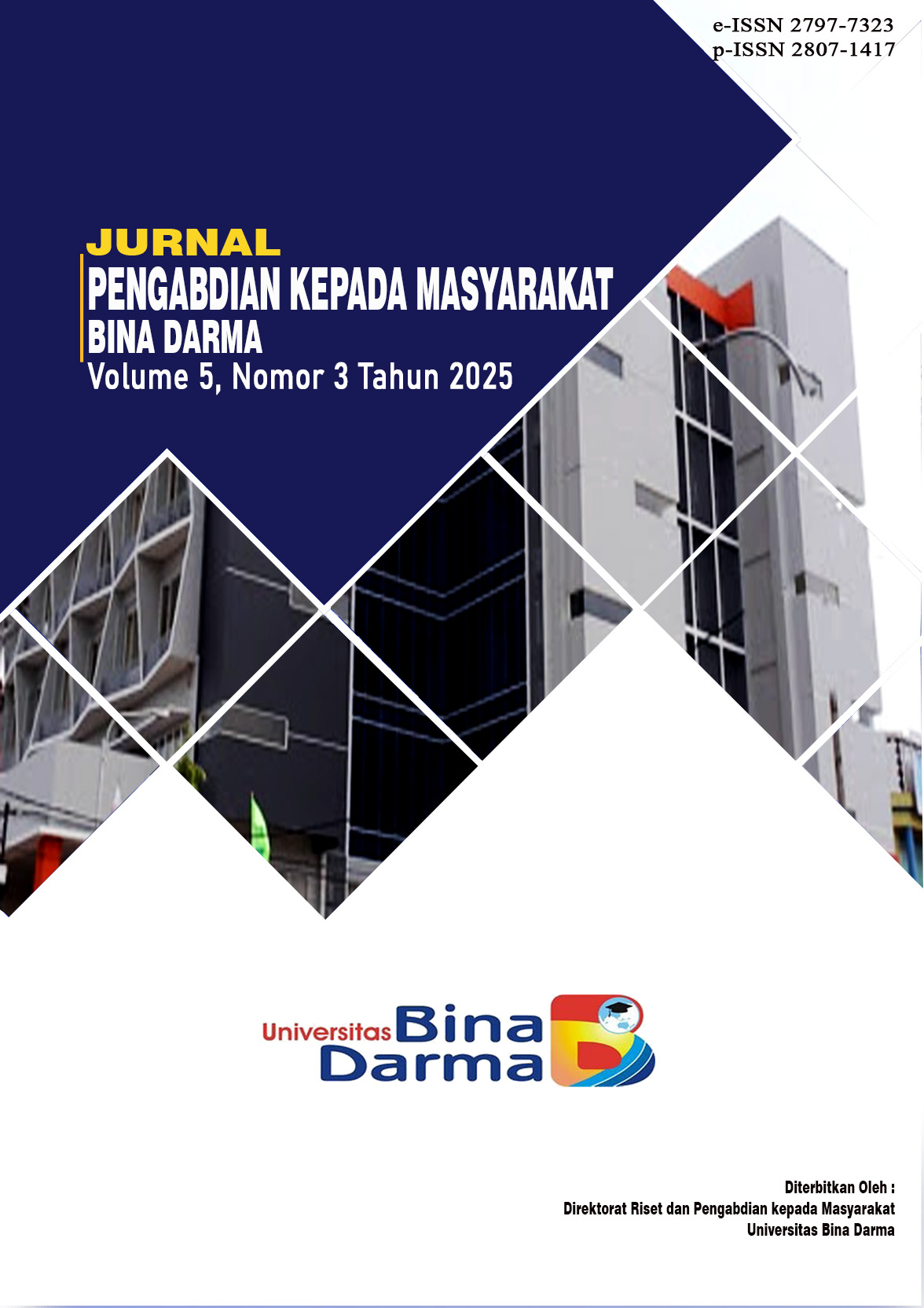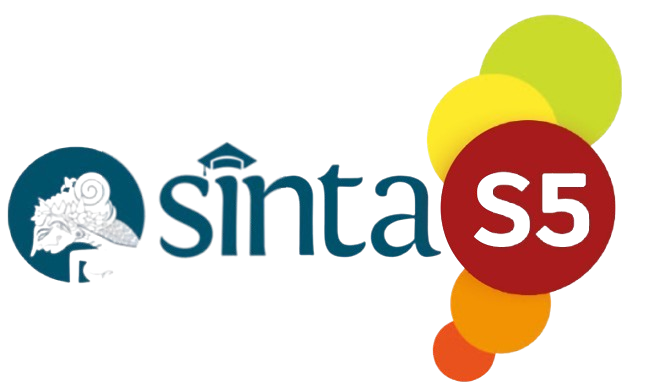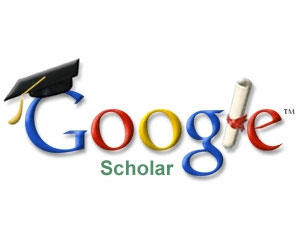Solidaritas Sosial sebagai Modal Pemberdayaan Warga Negara untuk Ketahanan Pangan melalui Program SOLID-WASTE di Cihideung
DOI:
https://doi.org/10.33557/44397r47Keywords:
solidaritas sosial, solid-waste, pemberdayaan warga negara, ketahanan pangan, community based participatory researchAbstract
Program SOLID‑WASTE dilaksanakan selama 7 bulan dengan melibatkan 40 orang masyarakat Desa Cihideung. Hasil pengukuran parameter solidaritas sosial pada subjek riset menunjukkan kondisi sangat baik dan berkontribusi positif terhadap keberhasilan program. Rincian temuan: partisipasi sosial 81%, respons terhadap krisis 72%, kohesi sosial 83%, kepercayaan 94%, dan stabilitas sosial 80%. Tingginya tingkat kepercayaan dan kohesi memperlancar koordinasi, komunikasi, dan mekanisme distribusi surplus pangan; partisipasi aktif warga mendukung pelaksanaan pelatihan, pemilahan, pengomposan, dan kegiatan berbagi makanan; stabilitas sosial memberi dasar aman untuk kesinambungan kegiatan. Nilai respons terhadap krisis yang relatif lebih rendah menunjuk pada kebutuhan peningkatan kapasitas adaptasi darurat agar program lebih tahan terhadap gangguan. Rekomendasi: memperkuat pelatihan respons krisis, mengintegrasikan mekanisme distribusi berbasis komunitas, dan memperluas partisipasi untuk menjaga keberlanjutan dan skala program.
References
Abdallah, M., & Elfeky, A. (2021). Impact of waste processing byproducts on the carbon footprint of integrated waste-to-energy strategies. Journal of Environmental Management, 280. https://doi.org/10.1016/j.jenvman.2020.111839
Agamuthu, P., & Babel, S. (2023). Waste management developments in the last five decades: Asian perspective. Waste Management and Research, 41(12), 1699–1716. https://doi.org/10.1177/0734242X231199938
Anggraeni, L. (2020). Penerapan Metode Studi Kasus Dalam Upaya Meningkatkan Kemampuan Berpikir Kritis Mahasiswa Pada Mata Kuliah Hubungan Internasional. Media Komunikasi FIS, 11(1), 1–15.
Atmor, N., Moskovich, Y., & Liberman, I. (2023). Social Solidarity during the Pandemic The Israeli Experience. Israel Studies Review, 38(1), 127–147. https://doi.org/10.3167/ISR.2023.380107
Bauer, K., & Hermann, J. S. (2024). Technomoral Resilience as a Goal of Moral Education. Ethical Theory and Moral Practice, 27(1), 57–72. https://doi.org/10.1007/s10677-022-10353-1
Breland-Noble, A., Streets, F. J., & Jordan, A. (2024). Community-based participatory research with Black people and Black scientists: the power and the promise. The Lancet Psychiatry, 11(1), 75–80. https://doi.org/10.1016/S2215-0366(23)00338-3
Chiruguru, S. B. (2020). The Essential Skills of 21st Century Classroom (4Cs). Shingania University, March, 1–13. https://doi.org/10.13140/RG.2.2.36190.59201
Coombe, C. M., Simbeni, S., Neal, A., Allen, A. J., Gray, C., Guzman, J. R., Lichtenstein, R. L., Marsh, E. E., Piechowski, P., Reyes, A. G., Rowe, Z., Weinert, J., & Israel, B. A. (2023). Building the foundation for equitable and inclusive research: Seed grant programs to facilitate development of diverse CBPR community-academic research partnerships. Journal of Clinical and Translational Science, 7(1). https://doi.org/10.1017/cts.2022.495
Kumar, A., Sharma, A., & Rawal, N. (2022). An approach for selection of solid waste treatment and disposal methods based on fuzzy analytical hierarchy process. Waste Disposal and Sustainable Energy, 4(4), 311–322. https://doi.org/10.1007/s42768-022-00117-z
Nikolskaya, A. V, & Kostrigin, A. A. (2019). Social awareness of personality: Notion, factors and mechanisms of change (the case of the homeless animals social problem). Perspektivy Nauki i Obrazovania, 39(3), 274–289. https://doi.org/10.32744/pse.2019.3.21
Pashkevich, M. A., Matveeva, V. A., & Danilov, A. S. (2019). Migration of pollutants from the mining waste disposal territories on the Kola Peninsula. Gornyi Zhurnal, 1, 17–21. https://doi.org/10.17580/gzh.2019.01.04
Ruiz-Montero, E. E., Sánchez-Trigo, H., Mohamed-Mohamed, K., & Ruíz-Montero, P. J. (2025). Developing Prosocial Leadership in Primary School Students: Service-Learning and Older Adults in Physical Education. Education Sciences, 15(7). https://doi.org/10.3390/educsci15070845
Rusakov, N. V, Korotkova, G. I., Orlov, A. I., Solov’eva, A. V, & Shemiakina, I. V. (2007). Control of industrial waste consumption residues: ecological and hygienic aspects. Gigiena i Sanitariia, 6, 52–54. https://www.scopus.com/inward/record.uri?eid=2-s2.0-38749130487&partnerID=40&md5=a4f2f70519d4e15d717ab8671d57647d
Samuel, C. A., Lightfoot, A. F., Schaal, J., Yongue, C., Black, K., Ellis, K., Robertson, L., Smith, B., Jones, N., Foley, K., Kollie, J., Mayhand, A., Morse, C., Guerrab, F., & Eng, E. (2018). Establishing new community-based participatory research partnerships using the community-based participatory research charrette model: Lessons from the cancer health accountability for managing pain and symptoms study. Progress in Community Health Partnerships: Research, Education, and Action, 12(1), 89–99. https://doi.org/10.1353/cpr.2018.0010
Stanley, D., Marshall, Z., Lazarus, L., Leblanc, S., Heighton, T., Preater, B., & Tyndall, M. (2015). Harnessing the power of community-based participatory research: Examining knowledge, action, and consciousness in the PROUD Study. Social Work in Public Health, 30(3), 312–323. https://doi.org/10.1080/19371918.2014.1001935
Starek-Wójcicka, A., Stoma, M., Osmólska, E., Rydzak, L., & Sobczak, P. (2023). Economic Effects of Food Industry Waste Management in the Context of Sustainable Development. Lecture Notes in Civil Engineering, 289, 97–106. https://doi.org/10.1007/978-3-031-13090-8_10
ter Meulen, R. (2025). Solidarity and recognition of identity: the case of informal care. Social Theory and Health, 23(1). https://doi.org/10.1057/s41285-025-00223-y
Downloads
Published
Issue
Section
License
Copyright (c) 2025 Leni Anggraeni, Syaifullah Syaifullah, Dwi Iman Muthaqin, Sandey Tantra Paramitha, Tarekh Febriana Putra, Abdul Azis, Pipin Firdaus

This work is licensed under a Creative Commons Attribution 4.0 International License.











